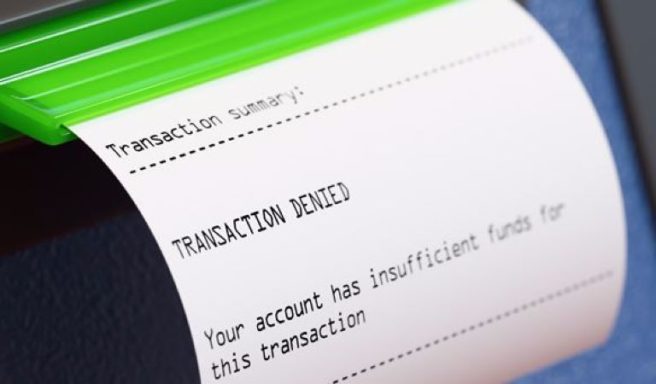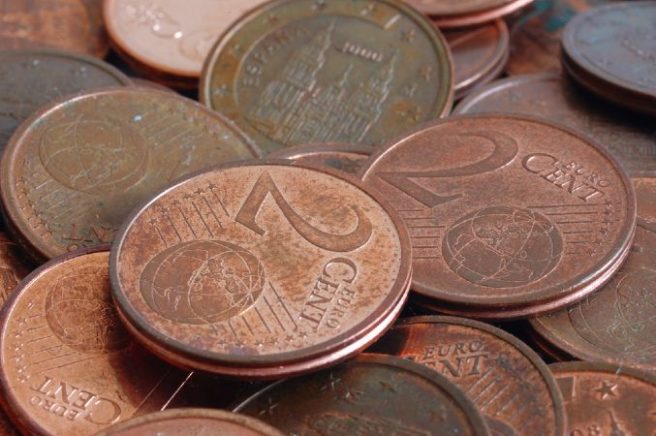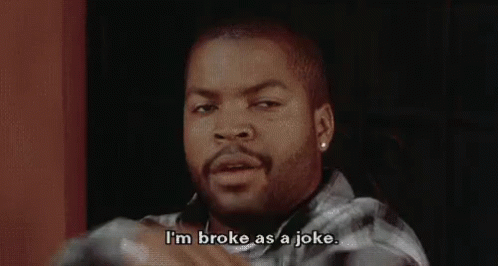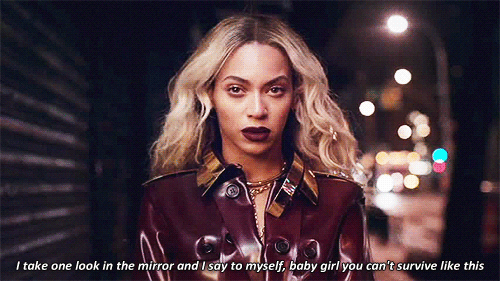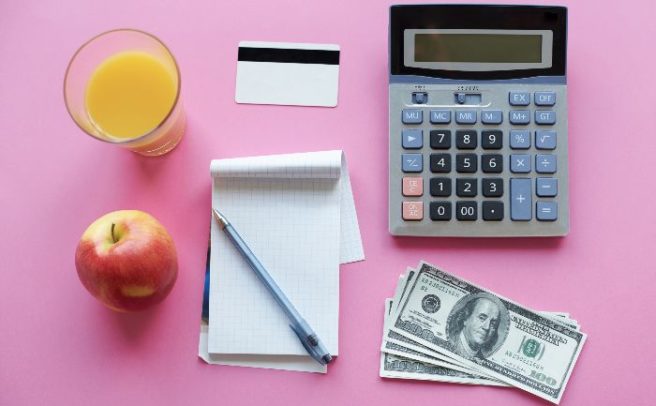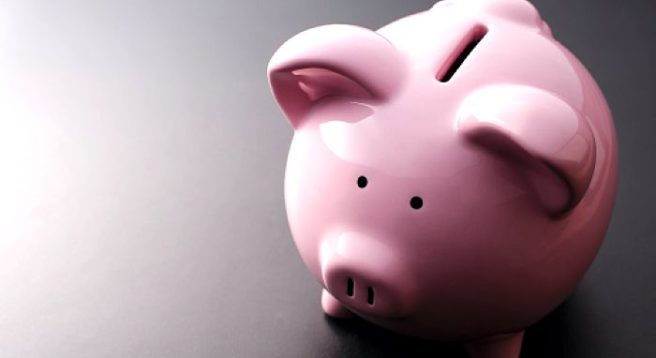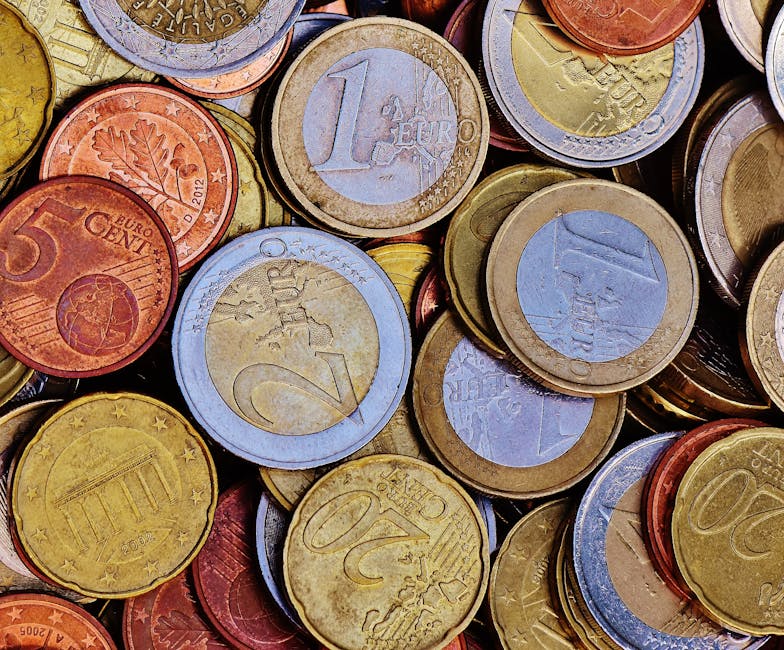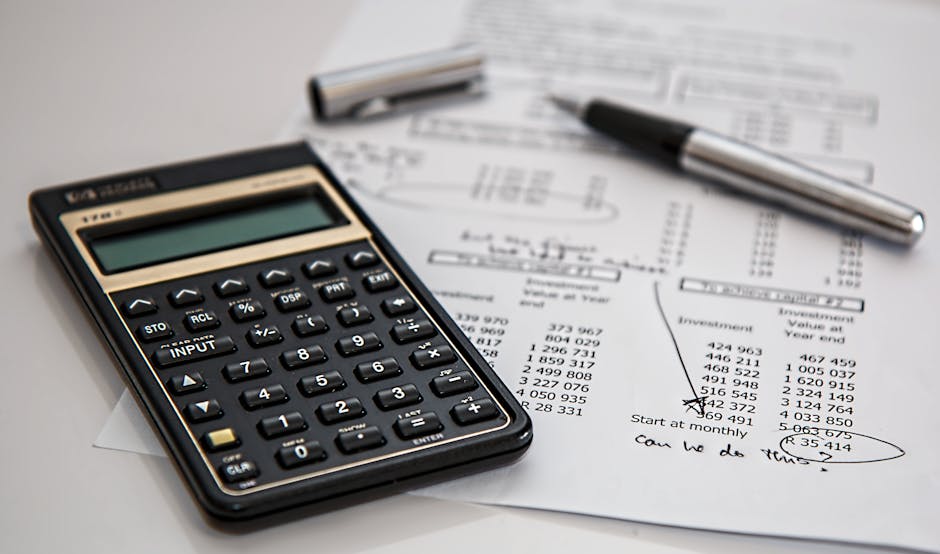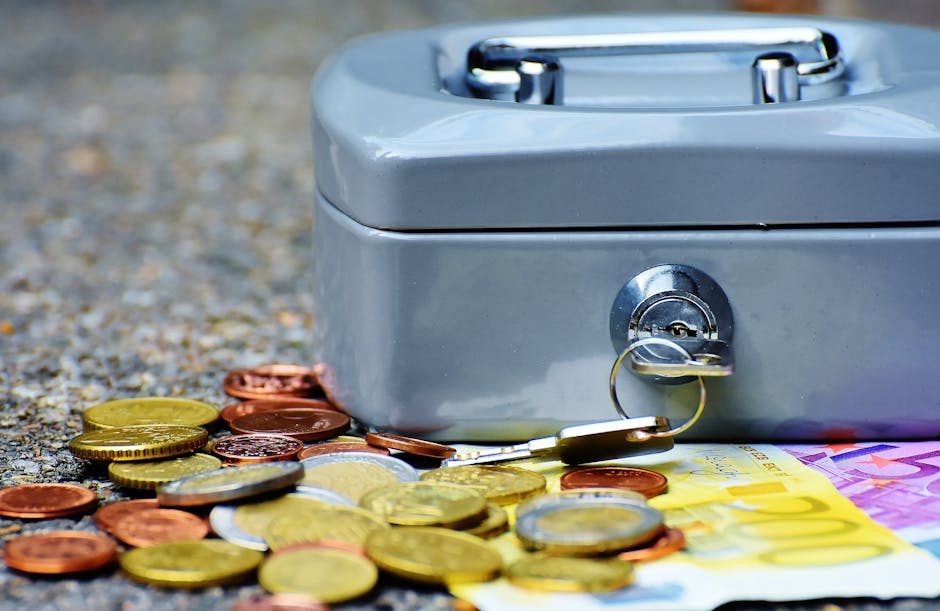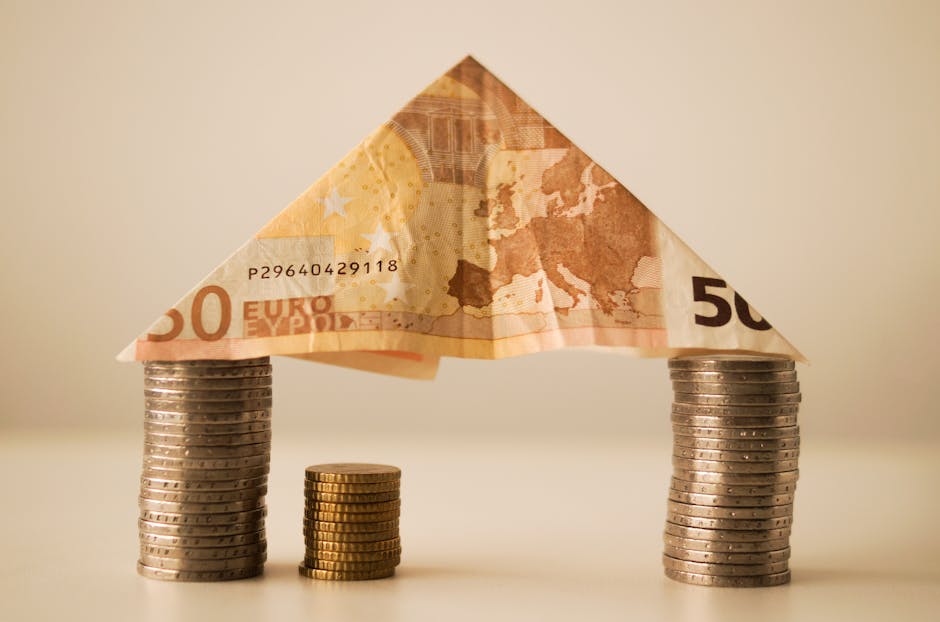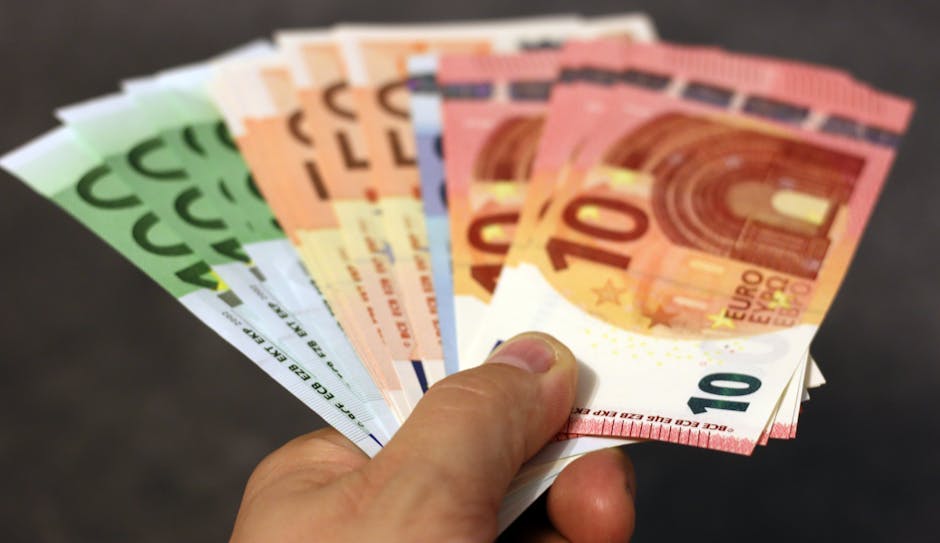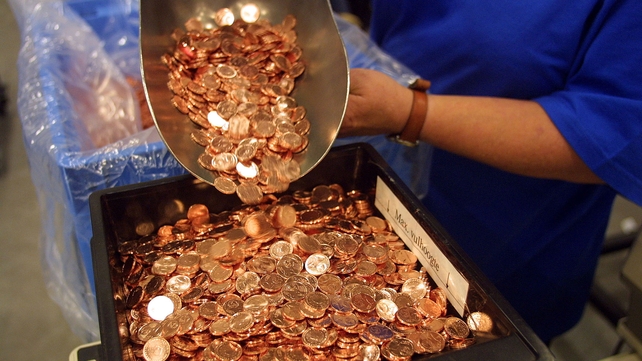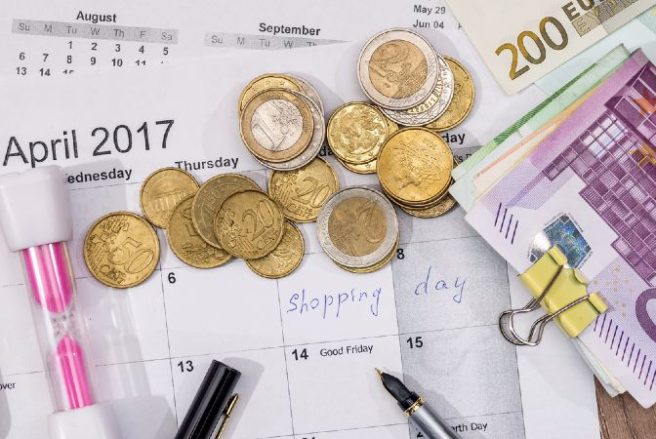
How to manage your money when you’re a complete financial disaster
I’d be the first to tell you that I’m not amazing with money.
When everyone else was getting the 411 on financial competency, I was asking for an advance on my pocket money because I had likely spent every last penny on a subscription to the Boyzone fanclub.
While I make rent, pay my bills, and top-up my Leap Card every month without fail, I still find myself staggering towards pay day, hands outstretched and tongue hanging listlessly out the side of my mouth.
I’m genuinely shocked when friends and colleagues casually mention restaurant bookings or after-work drinks in the final week of the month.
Yes, I still have a roof over my head, but the only thing I’ll be eating and drinking is tinned tuna and coffee supplied by my employer in the seven days before that sweet, sweet salary drops.

This is not how exactly how I envisioned adult life, but if social media is anything to go by, it’s not exactly how anyone envisioned adult life.
While, admittedly, I’m not in a position to lecture anyone on their money management, I do feel certain tips and tricks I’ve picked up along the way have kept the wolf from my door.
So, without further ado, here are three tips which help me to stay on track when my heart seems intent on ruining my own life.
1. Divide and conquer
I've found that using pay day to immediately divide my money between what's actually mine and what is soon set to leave my account is a handy way of getting to grips with my budget for the month ahead.
The vast majority of my direct debits leave my account mid month, and manual transferrals often aren't required until the end of the month, so once my salary drops, I immediately transfer my anticipated outgoings to another account, so I get a proper handle on exactly how much disposable income I have.
And while your current account takes an immediate hit, at least the money in there is yours and ultimately allows you to budget more accurately.
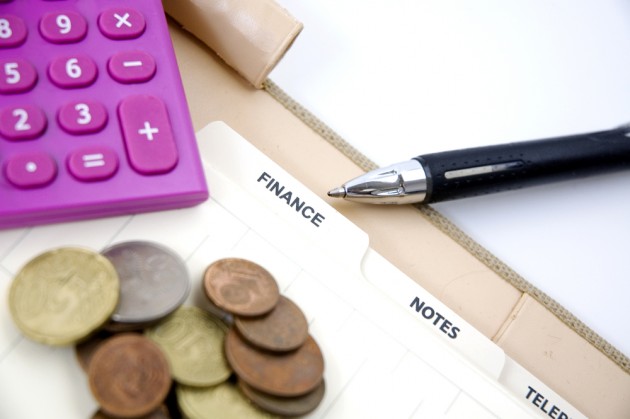
2. Use cash, not card
This required a lot of practice, but I've ultimately realised that the months I opted to use cash over card made me a lot more responsible when it came to my spending.
Withdrawing a lump sump every Sunday evening which you feel will realistically see you through until the following Sunday is one of the simplest ways to keep control of your money.
Breaking a €20 note on a €3 coffee is a lot less appealing than simply tapping your card, and ultimately helps you to identify the times and events when you spend money needlessly.

3. Save a little
It can be so difficult to save money when you seem to have countless outgoings every month, but once you make a habit of it, it becomes second-nature.
Open an account that requires seven days notice to withdraw, and deposit a small amount in every pay day, and then – here's the important part – forget about it.
If it takes you a week to access it, it gives you time to consider whether you're actually comfortable dipping into your savings over a fleeting desire.
And the best part? Seeing your small nest egg increase with every passing week.







